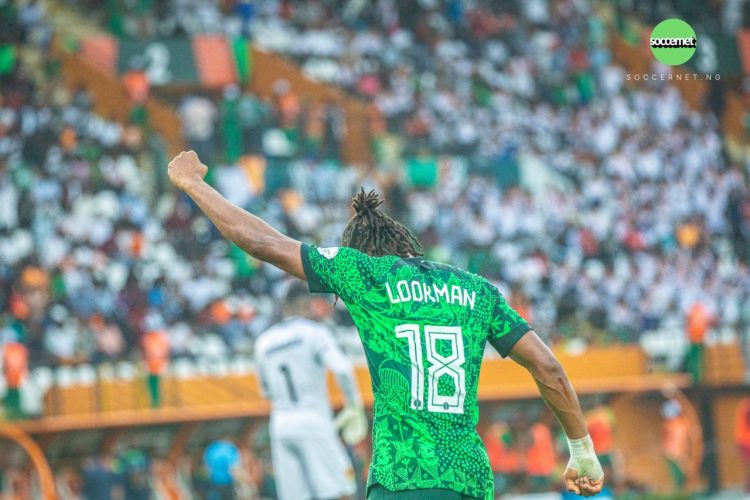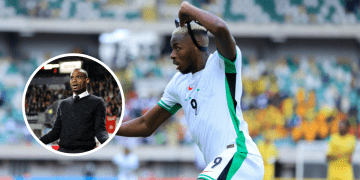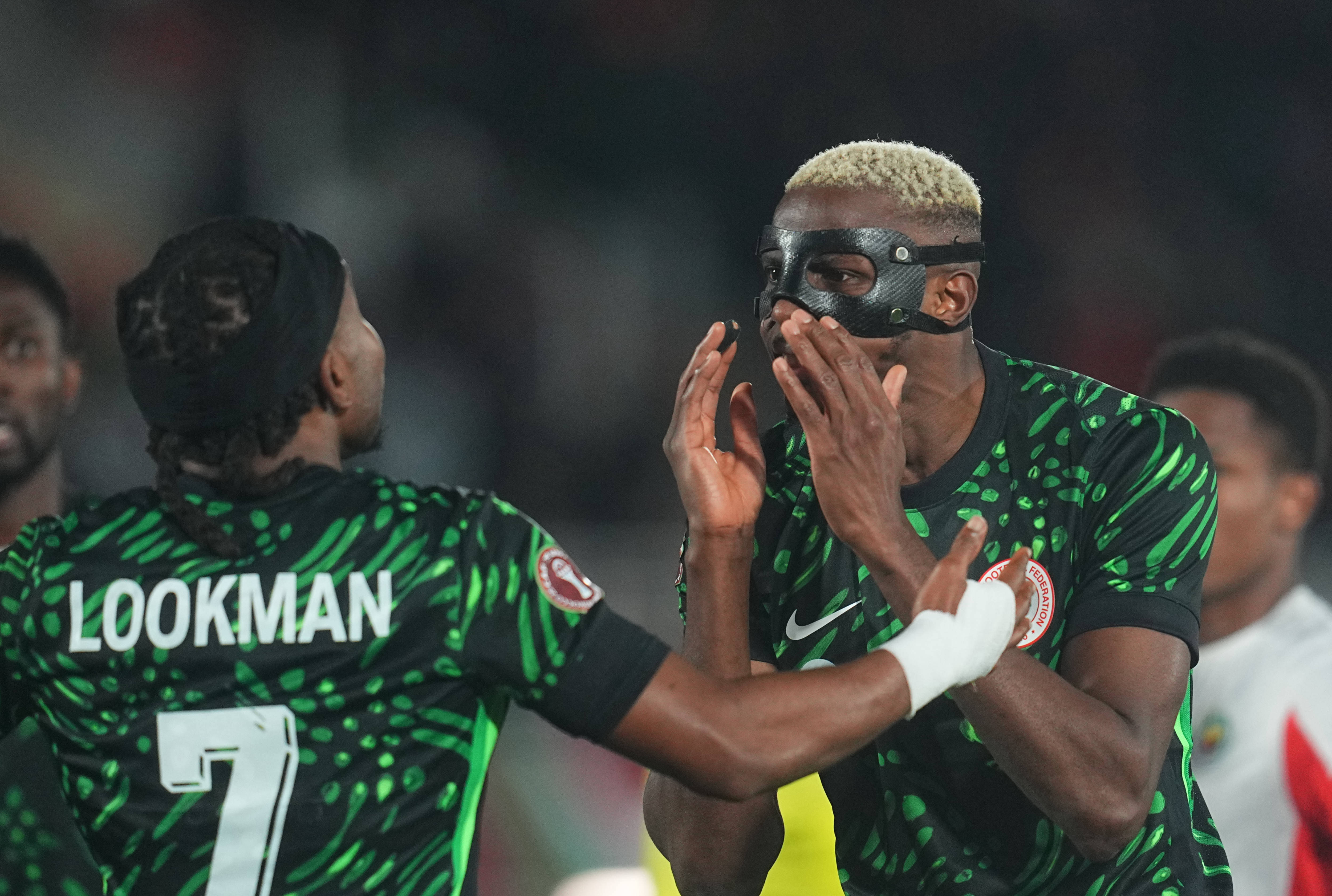The Super Eagles of Nigeria are making strides in the 2023 Africa Cup of Nations, securing four victories and a draw in the tournament so far, Soccernet.ng reports.
Compared to my visits to Olympique Ouattara Stadium for the AFCON 2023 opening ceremony, and Nigeria's opening game against Equatorial Guinea, the Confederation of African Football rules at Felix Houphouet-Boigny Stadium are becoming stricter day by day.
The morning before Nigeria's clash against Angola, media personnel covering the match received an email outlining new rules that would limit our reporting.
Some disciplinary rules were reasonable, like refraining from conflicts with volunteers or other journalists, avoiding removing clothing, and not excessively celebrating the winning team, even if it's from your home country.
They have used their shenanigans to pour sand in my garri , now we aren't even allowed to record inside the stadium. .
CAF releases stricter rules for the press at the #AFCON2023 pic.twitter.com/S1a6rvf4JL
— Latifat Adebayo-Ohio (@Phatill) February 2, 2024
As a journalist, maintaining emotional composure during and after the game is essential for unbiased reporting.
What prompted these rules?
A few days before Nigeria's match against Angola, a journalist, identified as an Ivorian, wearing an accredited journalist tag, removed his shirt, danced, and celebrated his country's victory.
This is a very unprofessional conduct from an Ivorian journalist.
Nothing we no go see for AFCON ♂️ pic.twitter.com/soGDB08B1a
— JOE (@gani_jonathan) January 30, 2024
Additionally, there were instances, such as Ghanaian journalist Saddick Adams showing strong emotions, almost knocking over a stadium chair, and another unidentified journalist exchanging heated words with ex-Ghanaian coach Chris Hughton after Ghana's exit.
Absolutely nobody
Saddick Adams, when dede Ayew score the 3rd goal for his clubpic.twitter.com/MFti479c5y
— ⓘ ❤ (@ObiaaBewu) January 28, 2024
These incidents likely led to the stricter rules for journalists, impacting their ability to record clips, take pictures, or do a stand-up with their phones inside the stadium.
Before these changes, CAF had accredited over 5,000 media personnel, feeling the impact of the tournament becoming a global talking point, with people in Africa shifting focus from the big leagues to the AFCON.
What happened during the Nigeria vs. Angola match?
The clash between the Super Eagles and Angola was anticipated to be challenging, with Angola having scored nine goals compared to Nigeria's five before the match.
However, the Palancas Negras of Angola were less threatening than expected, firing only ten shots, with two on target during the 90 minutes.
Ademola Lookman, the Atalanta forward who scored a brace against Cameroon, continued his impressive form, opening the scoring for Nigeria with a goal from Simon Moses' pass.
The victory was celebrated with dignitaries like the Senate President, Godswill Akpabio, Obi Cubana, Regina Daniels, and Peter Obi present to witness the event.
View this post on Instagram
Nigeria secured their semi-final ticket, providing fans with something to cheer for. The Angolan coach attributed the loss to his team's fatigue from extensive travel throughout the tournament.
On my way back, I spotted a Nigerian football fan who painted his body in Nigerian colours and wrote the scoreline, reflecting the joy of the fans for the victory.
View this post on Instagram
How do people perceive the Super Eagles in Abidjan?
The people in Abidjan already see Nigeria in the final, considering them big favourites to win the AFCON tournament.
With Côte d'Ivoire set to face DR Congo in the semi-final, there's anticipation of a potential final showdown with Nigeria.
Approximately 30 percent of the people living in Abidjan hold Nigerian nationality, even if they haven't been home, and they hope to witness their home country and birth country competing for the AFCON trophy in the final.






